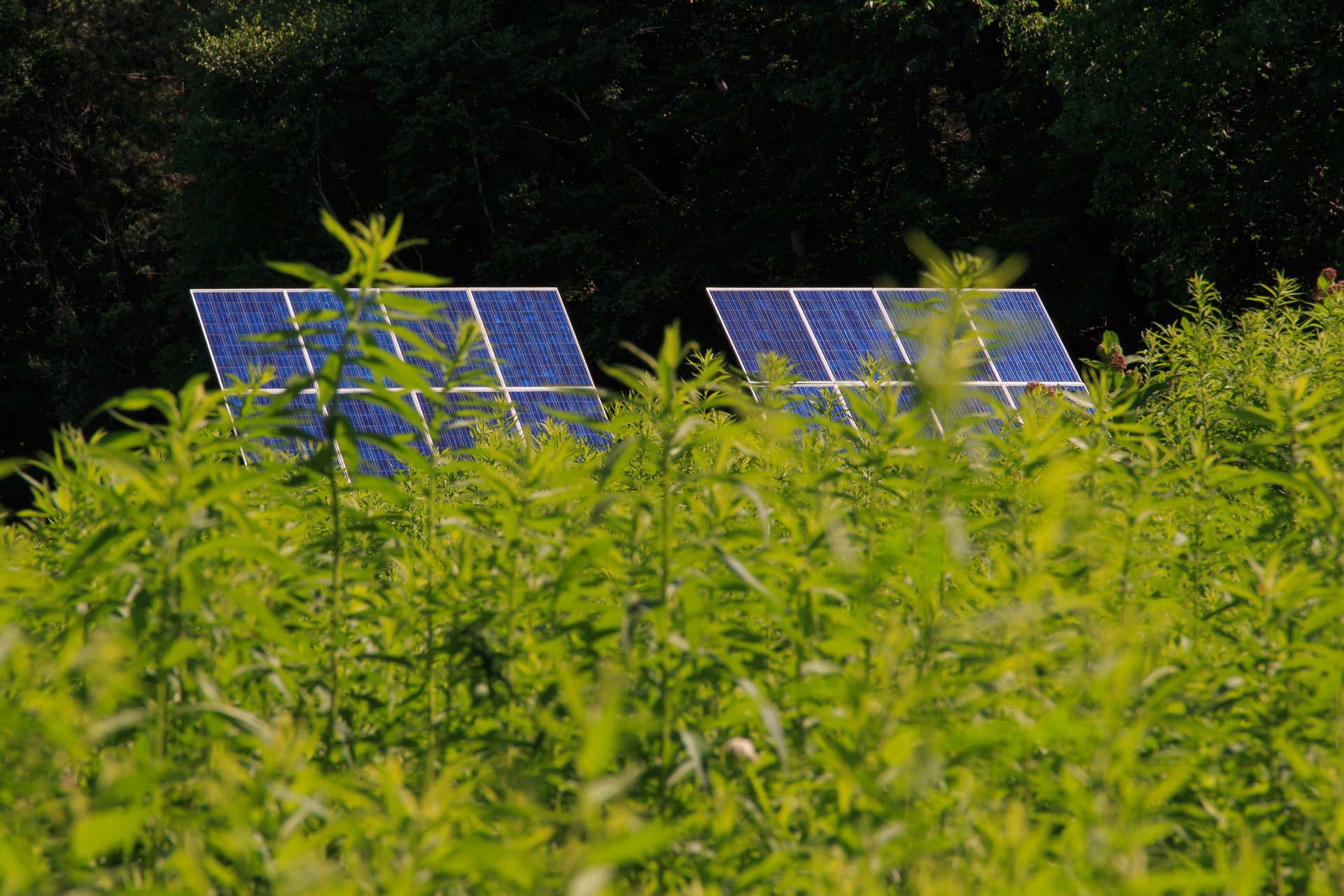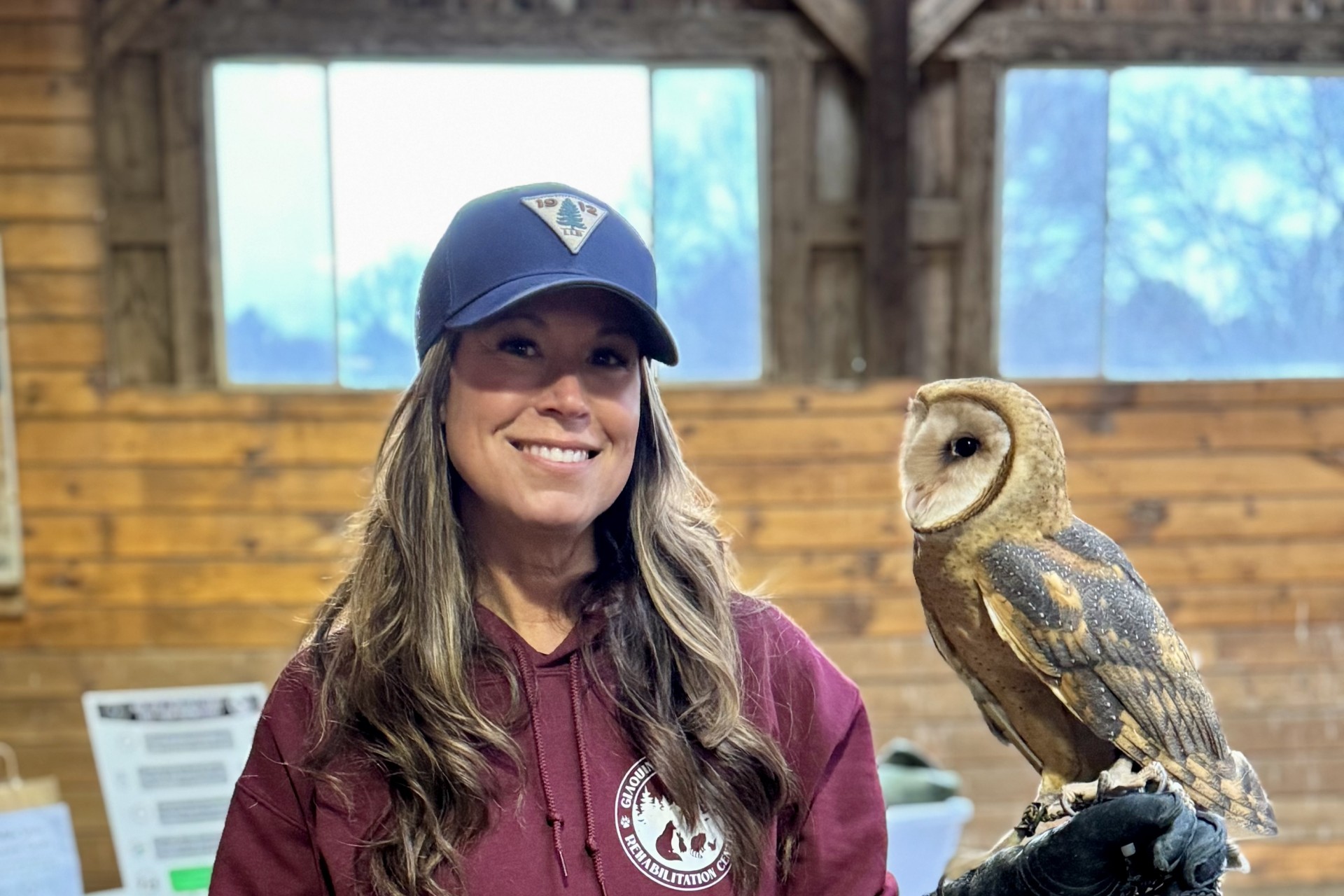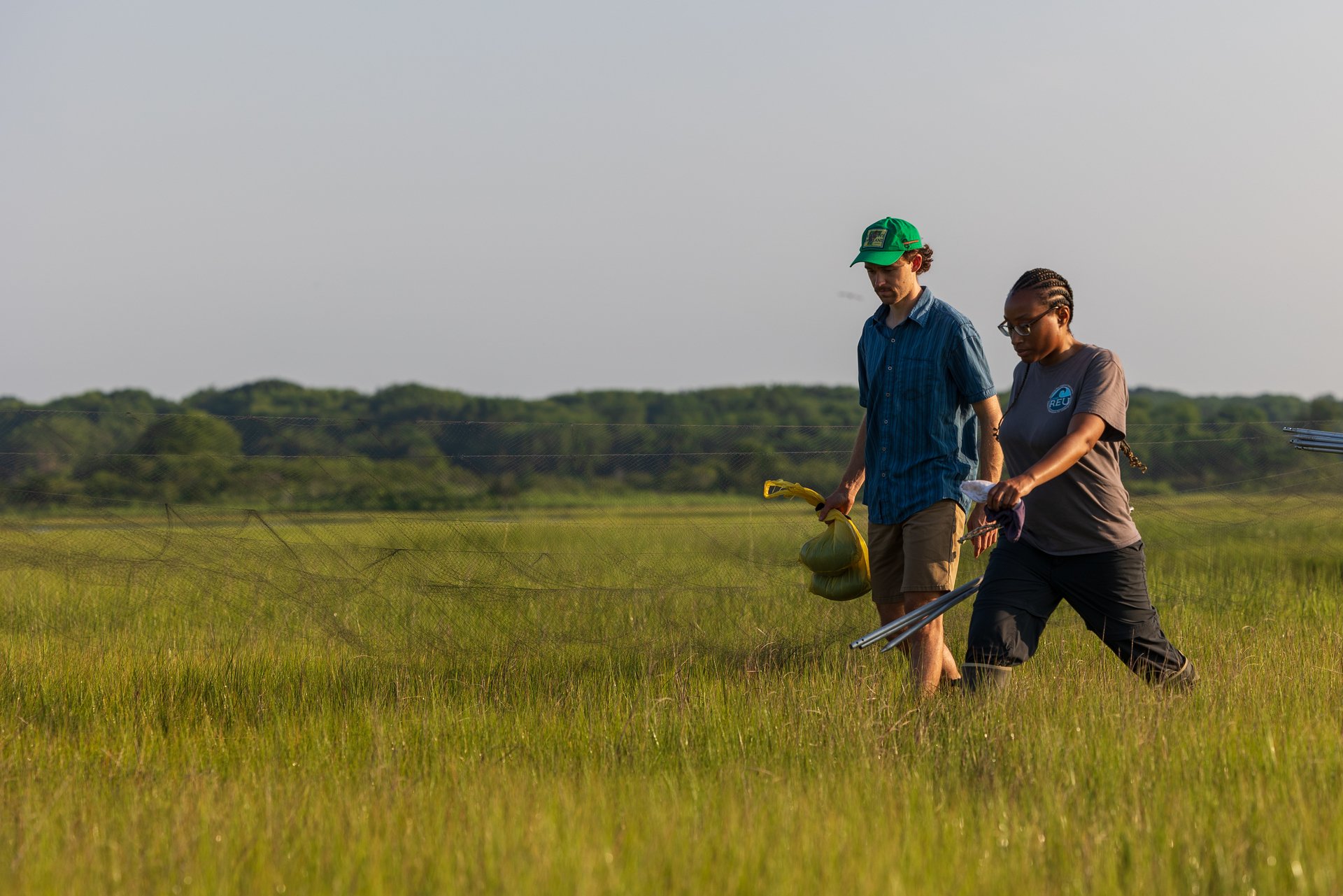Advocate
Advocating for Transformative Environmental Policy
From defending endangered species to combatting the climate crisis, Mass Audubon has spent over one hundred years advocating for policies that protect the nature of Massachusetts for people and wildlife.
Our team of policy experts, conservation scientists, and community organizers is working every day to pass powerful environmental regulations through the Massachusetts state legislature. We research innovative policy solutions, lobby legislators, and organize our communities to build a mass movement around using nature as a solution to the climate crisis.
More than anything, we rely on people like you to volunteer, lobby your representatives, and spread our message. We hope you’ll join us as we fight to stop the climate crisis and protect the nature of Massachusetts.
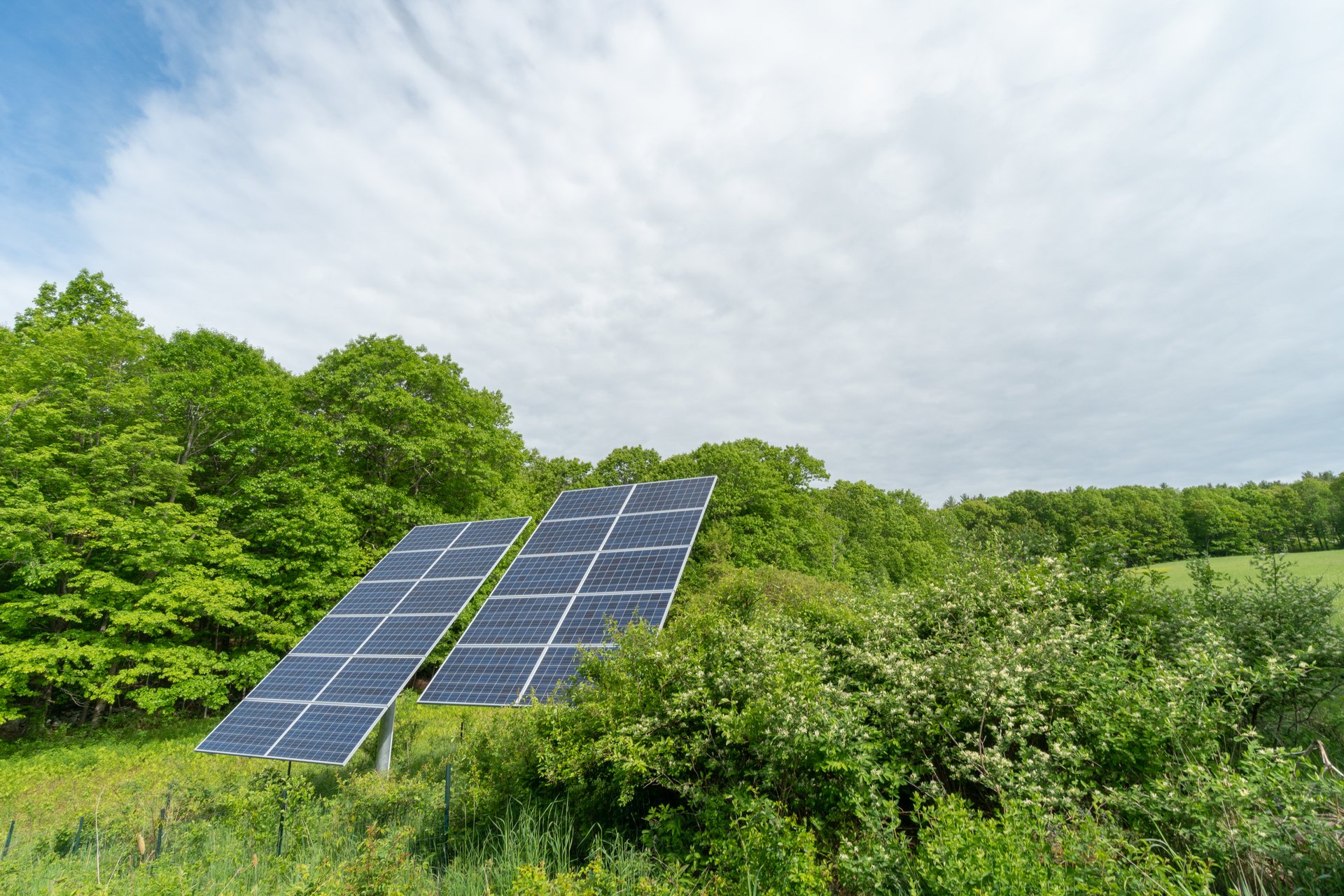
Our Policy Priorities
We're working to drive the clean energy revolution, protect nature and wildlife, conserve farms, forests, and wetlands, and secure a permanent funding source for land protection in Massachusetts.
Our Advocacy Campaigns
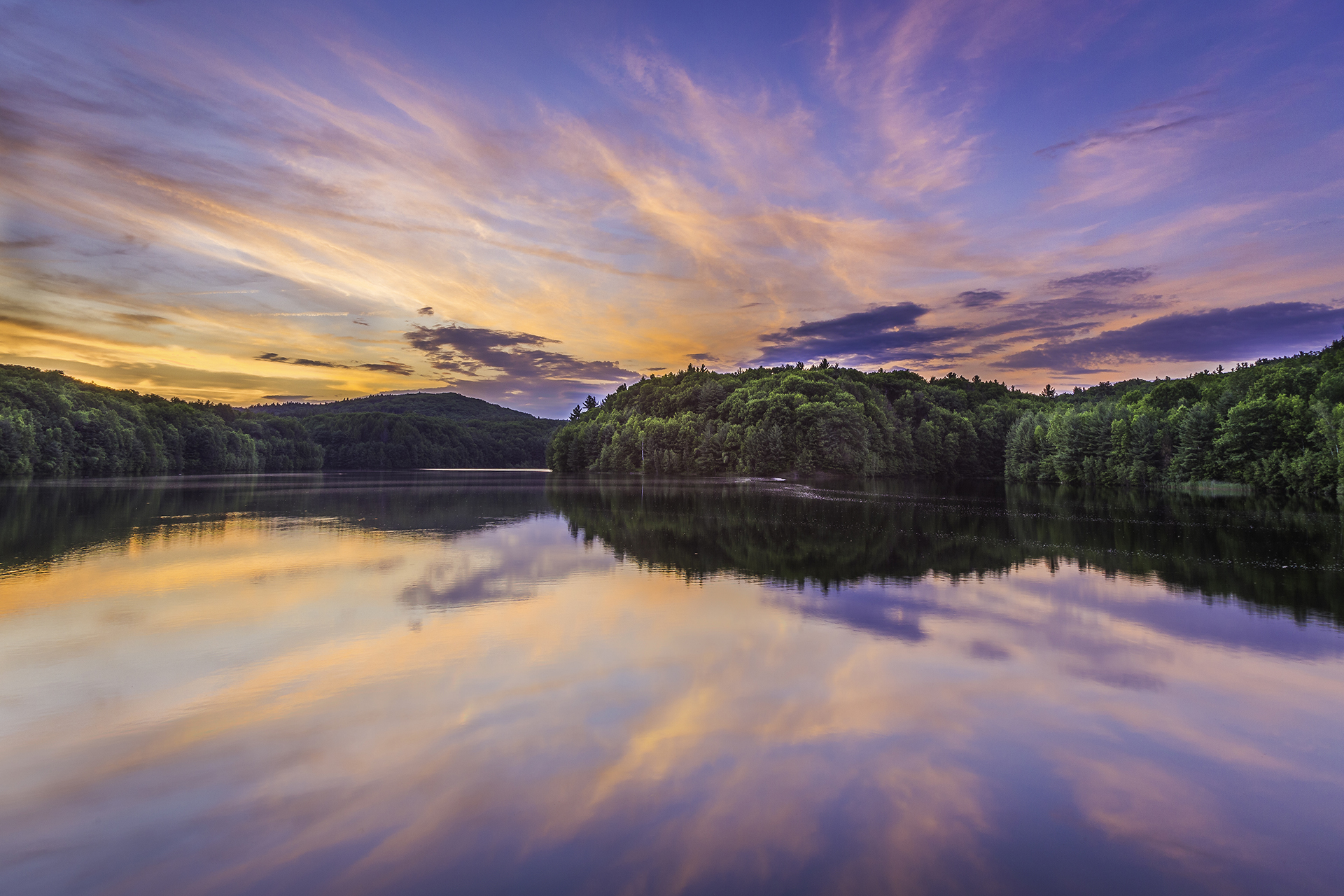
Bringing Nature to the Ballot
Massachusetts lacks a significant statewide funding mechanism for nature conservation. You can help change that.
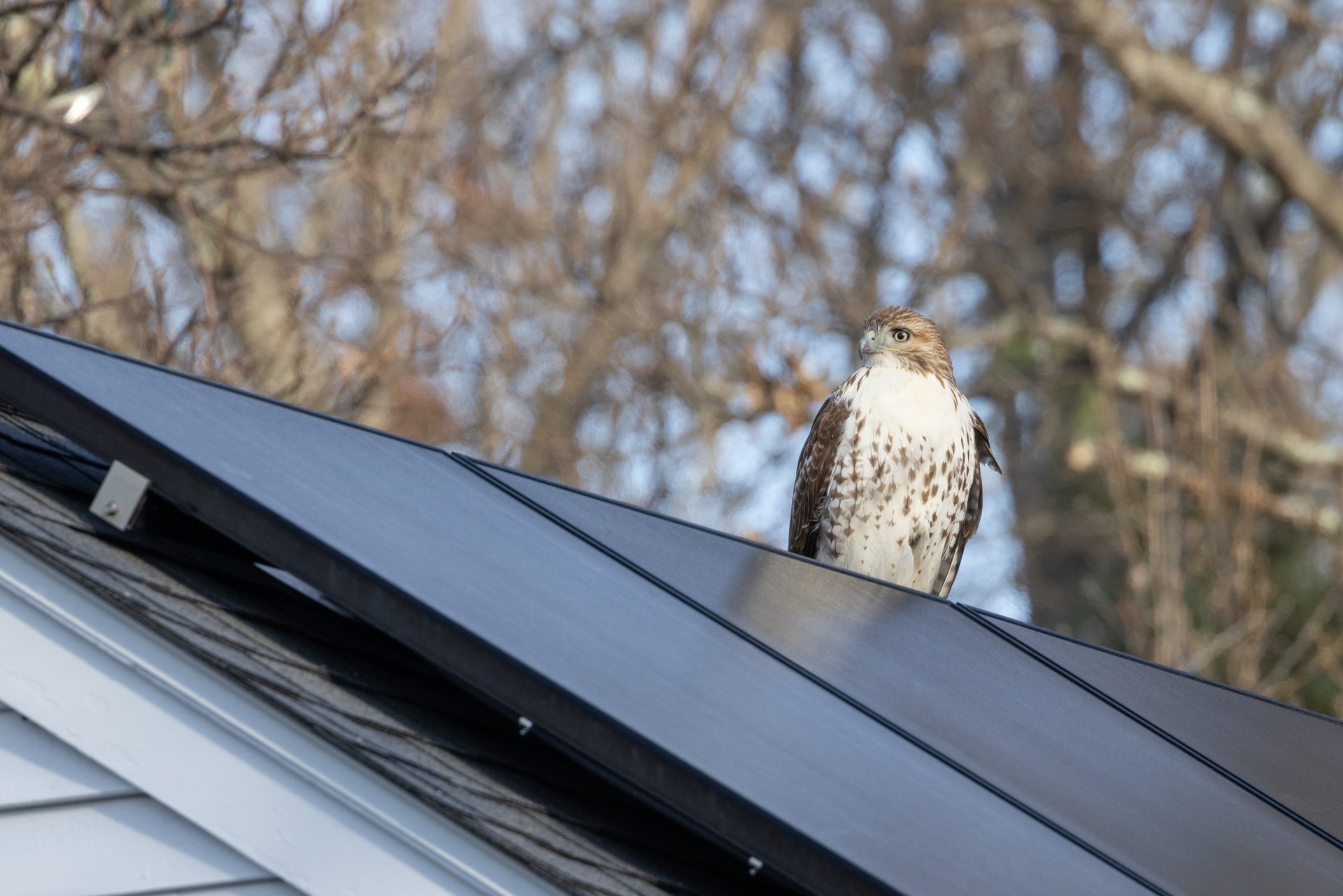
Grow Solar, Protect Nature
To fight the climate crisis, we must build the solar energy we need while protecting the natural lands we have. We're charting a path towards achieving both.
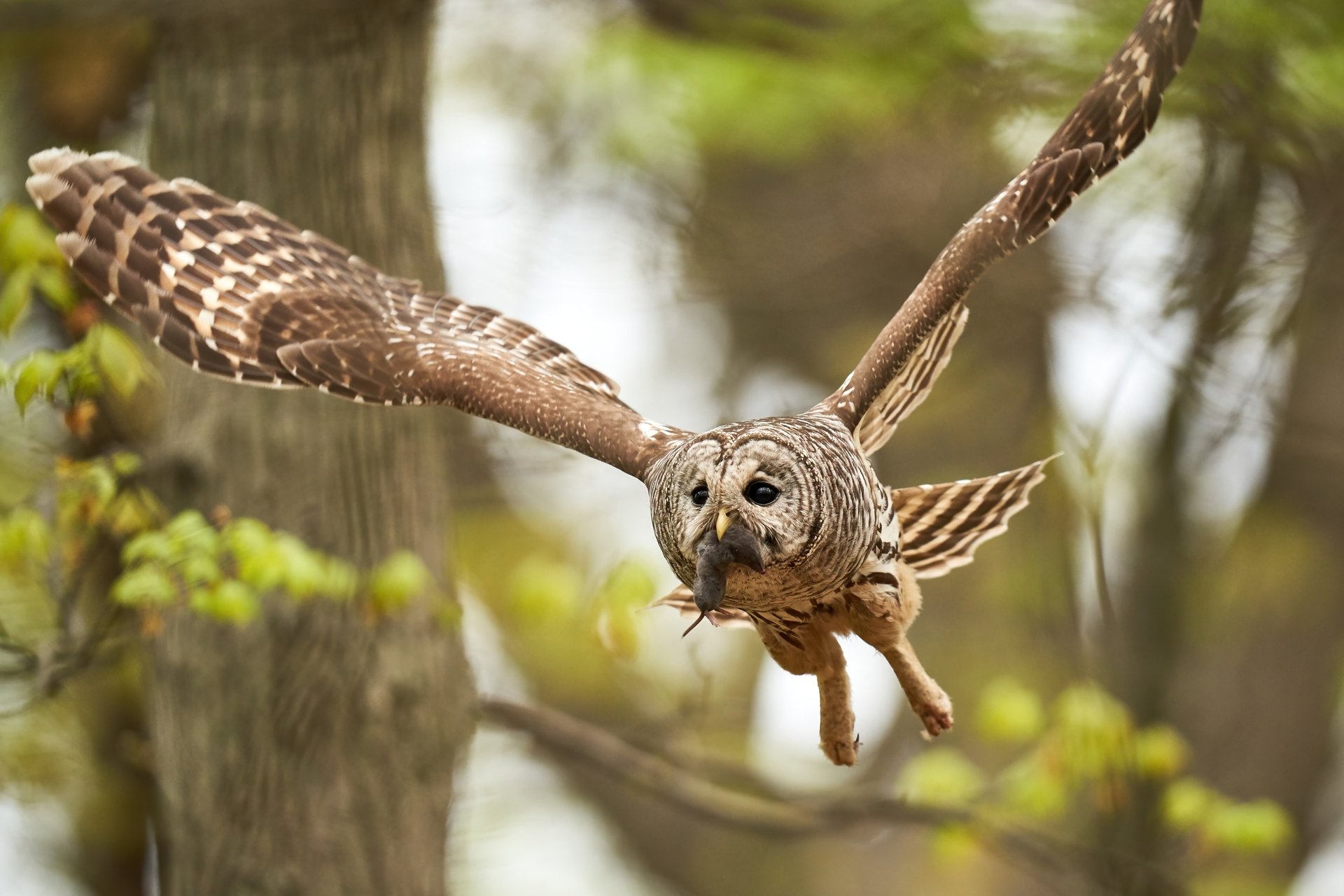
Rescue Raptors
Eagles, owls, foxes, and other predators are being sickened and killed after eating poisoned rodents. We're supporting local initiatives to reduce the use of rat poisons and protect our wildlife.
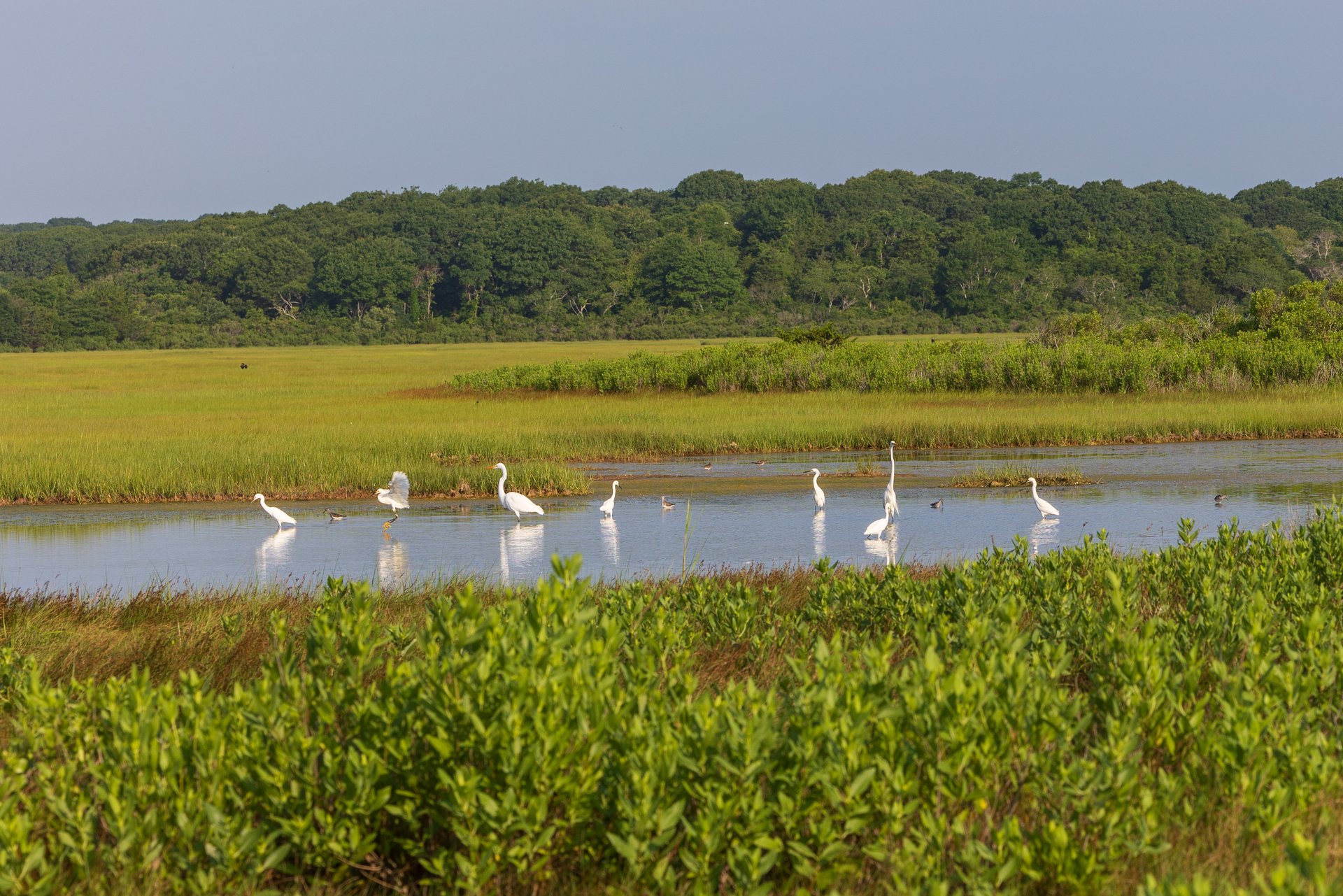
Accelerate Wetland Restoration
The current regulation and permitting system makes doing beneficial wetland restoration work difficult. We're working to streamline the process.

Become an Advocate
Join our team of Climate and Nature Champions advocating for policies that fight the climate crisis and protect the nature and wildlife of Massachusetts.
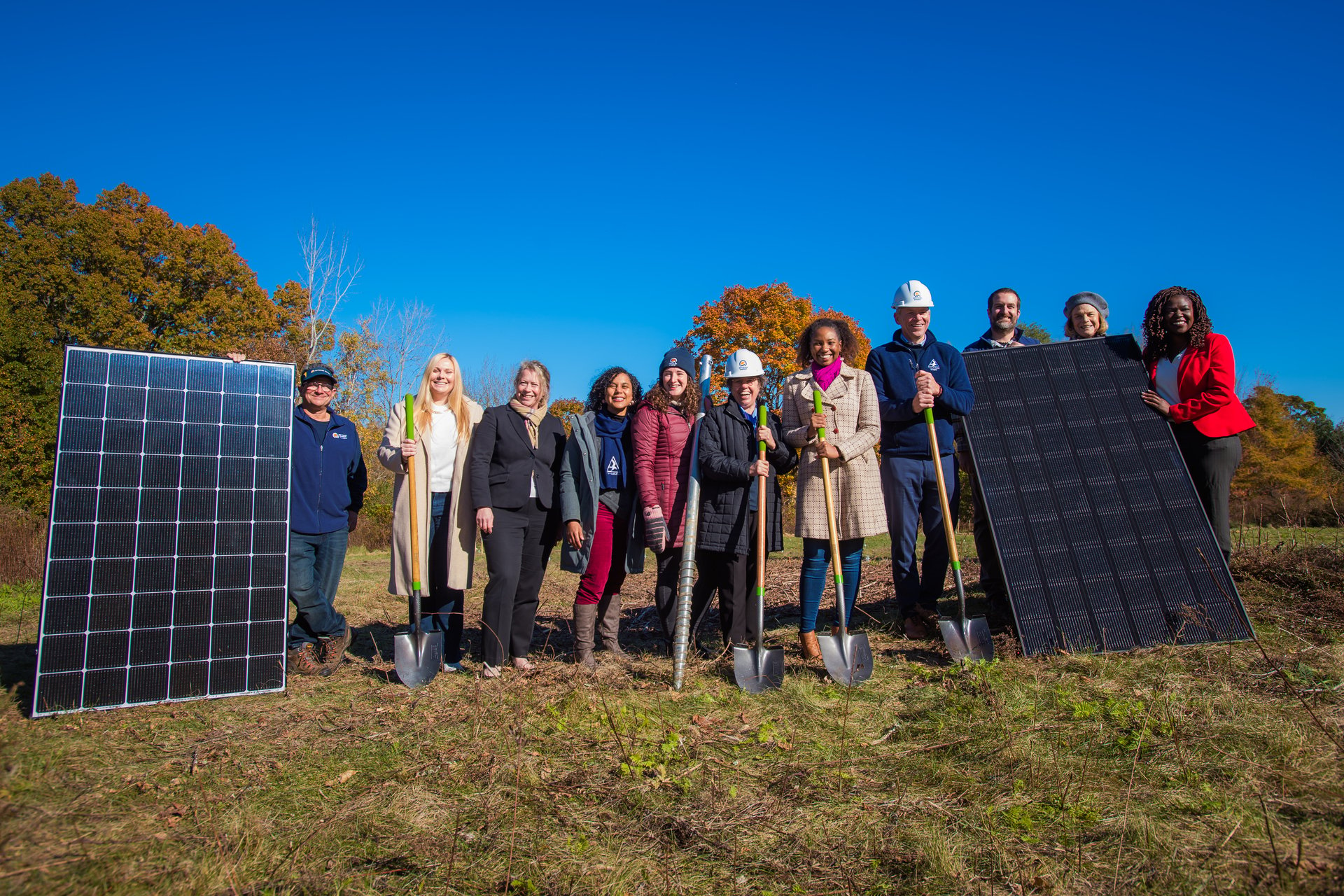
Action Center
Find current advocacy actions you can take to help speak up for wildlife and habitat.
Upcoming Advocacy Programs
See all programsRescue Raptors from Rodenticides
-
Online
-
Thursday, March 12
7:00-8:00pm
Adults & Families - 12 - 17
Grassroots Advocacy for Climate and Nature
-
Online
-
Tuesday, March 17
7:00-8:00pm
Adults & Families - 12 - 17
Rescue Raptors from Rodenticides
-
Online
-
Thursday, April 9
7:00-8:00pm
Adults & Families - 12 - 17
Policy and Advocacy News
More NewsNew Guidance for Clean Energy Development Out Now
Keep ReadingIn Your Words: Alyssa Giaquinto
Keep ReadingIntroducing A New Program for Every Conservation Journey
Keep ReadingStay Connected with Policy and Advocacy
Learn about opportunities to advocate for our transformative policy agenda




